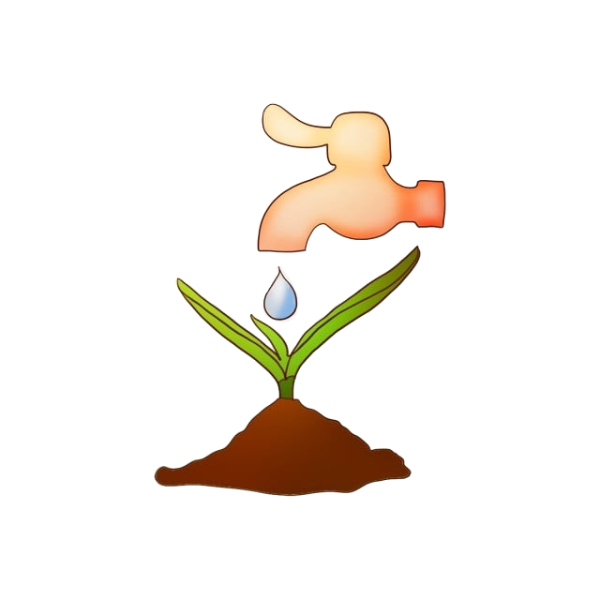Soil organic carbon assessments can be used to guide agricultural practices that promote soil health, help mitigate climate change and boost the livelihoods of farmers across the world.
Background
Agriculture is responsible for over 30% of global greenhouse gas emissions. Regenerative agricultural practices such as no-till farming, rotational grazing and mixed crop rotation have the potential to reduce emissions by 4.3-6.9 billion tons/year by sequestering carbon dioxide in soil. This would also improve soil health – an estimated 40% of soils are degraded worldwide – and boost ecosystem services vital to the livelihoods of vast numbers of people dependent on farming. This win-win scenario can be achieved by measuring and monitoring soil carbon levels in order to prioritize and quantify the impact of good agricultural practices.
WLE innovation
WLE’s support for the development and uptake of methodologies for soil spectral analysis has enabled the collection and analysis of soil samples on a massive scale. This has generated baseline data for a holistic overview of soil health centered on soil organic carbon (SOC). This process of monitoring allows an assessment of how agricultural practices affect soil health, and quantifies how soil health varies across landscapes. In turn, this helps prioritize interventions to improve soil health for the benefit of farmers and for climate mitigation, aligning with global carbon sequestration initiatives such as 4 per 1000. It has been estimated that the sequestration potential of increased SOC stocks is between 0.9 to 1.85 gigatons of carbon annually. Results vary, however, with some researchers finding SOC release rates reduced rather than reversed altogether.
WLE supported the development of the open-access Soil Organic Carbon App, which calculates a soil profile’s ability to sequester carbon, as well as the Global Soil Data Manager and the SOC Dashboard. These tools allow decision makers to assess the impact of planned climate mitigation interventions on soil health. However, the success of management practices to improve soil health depends on how they are implemented by both women and men farmers. WLE research has thus also focused on the importance of accounting for the influence of gender dynamics on the adoption of good agricultural practices.
